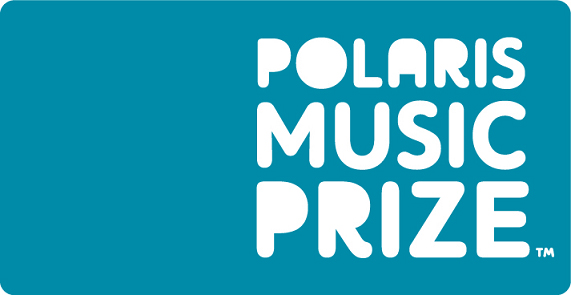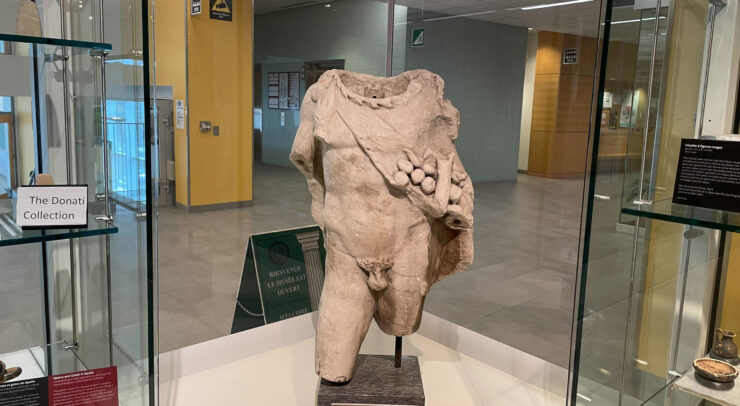Gala featured performances from 10 shortlisted nominees
The 2017 Polaris Prize, held on Sept. 18, featured electrifying performances by the 10 shortlisted nominees, ending with Colombian-Canadian artist Lido Pimienta winning the biggest award in Canadian music.
The annual Polaris Prize Gala gives an award to one Canadian album as the best of the year, chosen from a shortlist created by a jury of 196 journalists, academics, radio hosts, and business insiders.
The selection process leads the Polaris Prize to typically reward less mainstream artists, such as Tanya Tagaq, who won in 2014, or Godspeed You! Black Emperor in 2013. This year was no exception, with Lido Pimienta’s La Papessa taking the top honour.
The award also doesn’t shy away from politics. The night featured highly politicized performances from Tagaq and Pimienta, who tackled white supremacy and the racism her and her mother experienced when they arrived in Canada in her performance and acceptance speech.
“I hope that the Aryan specimen who told me to go back to my country two weeks after arriving in London, Ontario, Canada is watching this,” Pimienta said.
Tagaq put on the most haunting and overtly-politicized set of the night with a performance of her environmentalist, pro-Indigenous creed “Retribution” and her blood-chilling cover of Nirvana’s “Rape Me,” which featured, in addition to her otherworldly throat-singing, a woman in war paint stalking menacingly around the room, and a dozen women in red dresses standing silently in the audience to represent missing and murdered Indigenous women.
Polaris Prize-winner Lido Pimiento performed her 9-minute electronic track “La Capacidad,” which targets white male supremacy and the feelings of fear many women of colour feel everyday. Most of the song—like most of the album—is in Spanish, but she switched to English to deliver the devastating lyrics “I’m just a stupid woman/ Indigenous woman, black woman, brown woman/ I’m just so scared of you man/ Because if I go missing I’ll disappear.” Even more impressive is that she performed without playback monitors due to a glaring sound tech issue.
The other performances of the night were significantly less political. Acadian “trash folk” singer and banjoist Lisa LeBlanc kicked off the night with the upbeat French-language “Ti-Gar” and the English-language “5748 km,” an endearing cross-country love song from her Polaris-nominated album Why You Wanna Leave, Runaway Queen?
University of Ottawa alum Leif Vollebekk took the stage later in the evening to perform his emotive, minimalistic “Elegy.” It offered a bit of quietness after the sonic and visual barrage of Tagaq’s performance. His third album, Twin Solitude was nominated.
Weaves was nominated on the strength of their debut album, and they showed why they deserved the shortlist spot with their performances of “Scream”—featuring Tagaq—and “One More.”
Also nominated were modern-jazz quartet BadBadNotGood for IV, Feist for Pleasure, the heavily-predicted-to-win Indigenous DJ collective A Tribe Called Red for We Are the Halluci Nation, and Canadian icons Leonard Cohen and Gord Downie for their beloved albums You Want It Darker and The Secret Path, respectively. The Secret Path recounts the story of Charlie Wenjack, who died trying to walk home from a residential school in the 1940s. Downie has made reconciliation is life’s work as he battles brain cancer, and he was honoured by the Assembly of First Nations last year for his advocacy.
The winner of the Polaris Prize is presented with a $50,000 cheque. The shortlisted artists each receive $3,000, making it the most generous music prize in Canada.





